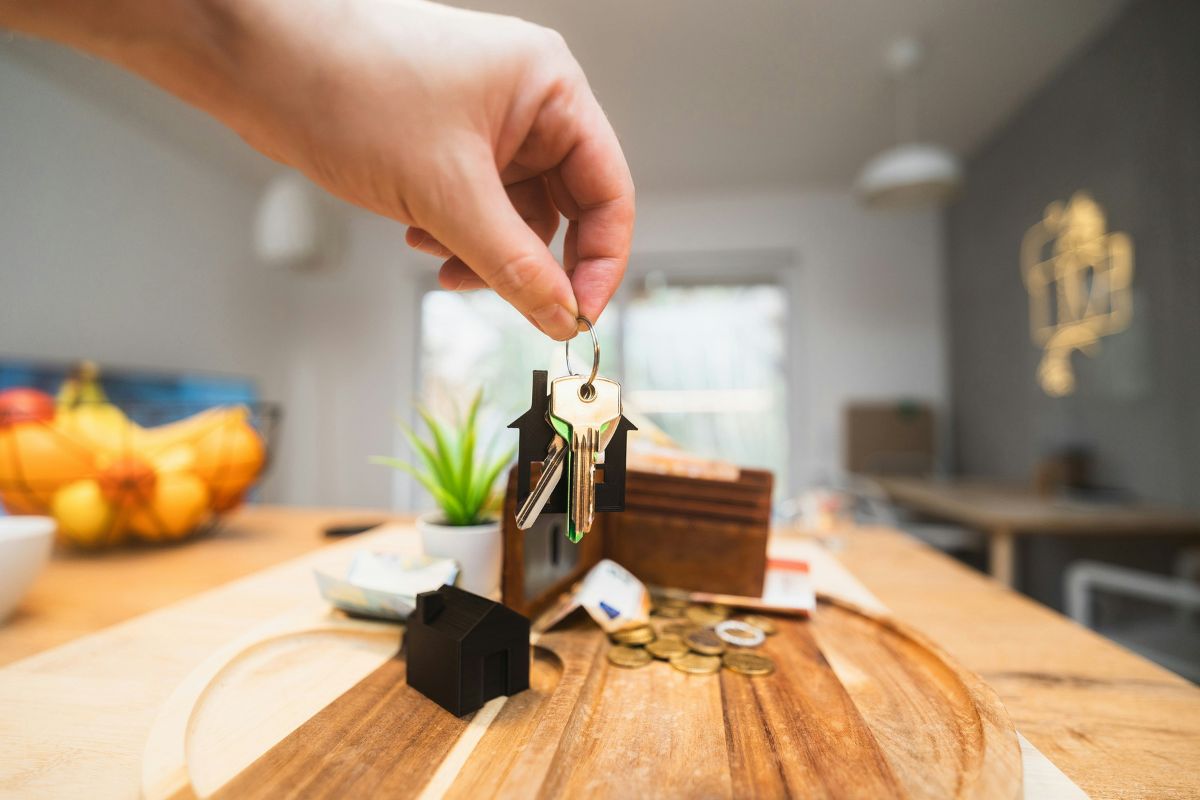Property Valuation Secrets Every Investor Should Know
Your property’s value at any given time could hold the key to unlocking future wealth.
And we’re not talking about the price you could get if you sold it. This price is still important, especially to investors with a flip and sell strategy, or someone looking to sell a property to pay down the debt on some of their others.
But today we’re focusing on your property’s valuation, which is basically an estimate of what it is worth in the current market. It is what the bank will use when you are looking to refinance your loan or pull out equity to further invest and staying on top of it can make a huge difference to your future wealth.
Why get your property valued?
If you are building a portfolio with multiple properties, it’s important to know each of your asset’s current market value.
If one of your properties is in a location that has experienced recent growth, a valuation may enable you to withdraw equity to use for your next investment.
If you don’t get a property valued and the market changes, you could find the equity is no longer there, so money that you could have used to leverage into greater wealth has suddenly vanished and you have to wait for another growth cycle.
Direct factors considered in a property valuation?
Several important elements make up a property’s valuation.
Location is paramount. Is it in or near a city? Or a thriving regional hub? Does it have proximity to amenities, public transport, schools and other key facilities? Buildings cost a similar amount to build no matter where you are. It’s the land value that makes a difference and that’s all about location.
Next is the size and layout. Larger properties or those with well-designed, liveable interiors tend to command greater values.
Then, there’s the condition of the property, including the state of its structure, fittings and fixtures. If it’s well maintained and structurally sound, it will hold its value better.
External factors considered
In addition to the property’s own location and attributes, there are external factors that will be taken into account.
Market conditions are an important example. A property might be great but if there is a flood of similar properties on the market, it won’t be as valuable as it would be in a market with nothing else available. Other market factors can include interest rates and economic volatility. Say a big local employer is closing down. That can negatively affect property values in the area.
The other tricky one is comparable sales. Your property’s value may be affected by the prices other homes have sold for in the area. If there haven’t been many sales in recent months, a bank might end up looking at homes that sold in different market conditions when considering your asset’s value.
Different property valuation methods
There are several approaches to valuing a property used in Australia.
- Sales comparison approach:
This method relies on recently sold properties in the same local area when assessing the value of your home, allowing for different home features and market conditions.
- Cost approach:
This takes into account land value, construction costs and depreciation and calculates the value of a property by considering the cost of reproducing or replacing it.
- Income capitalisation
Of particular interest to cashflow chasing investors, or commercial property owners, this method assesses value based on the property’s potential to generate income.
Where should I go to get my property valued?
There are a couple of ways to obtain a valuation for your property.
The way most Aussies would be familiar with is through a lender or mortgage broker. This will usually happen when actively in the process of refinancing or buying a new home.
This is generally OK, but banks can use different valuers for different reasons and they can come in on the conservative side if they think there’s a risk that your new property purchase could affect an existing loan you have with them.
The other way is to engage a licensed and certified property valuer. These guys are independent professionals who will give you an unbiased and accurate assessment of your property’s value.



